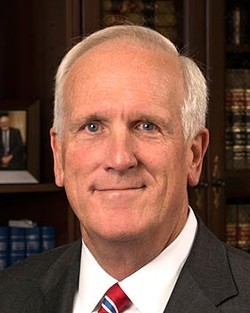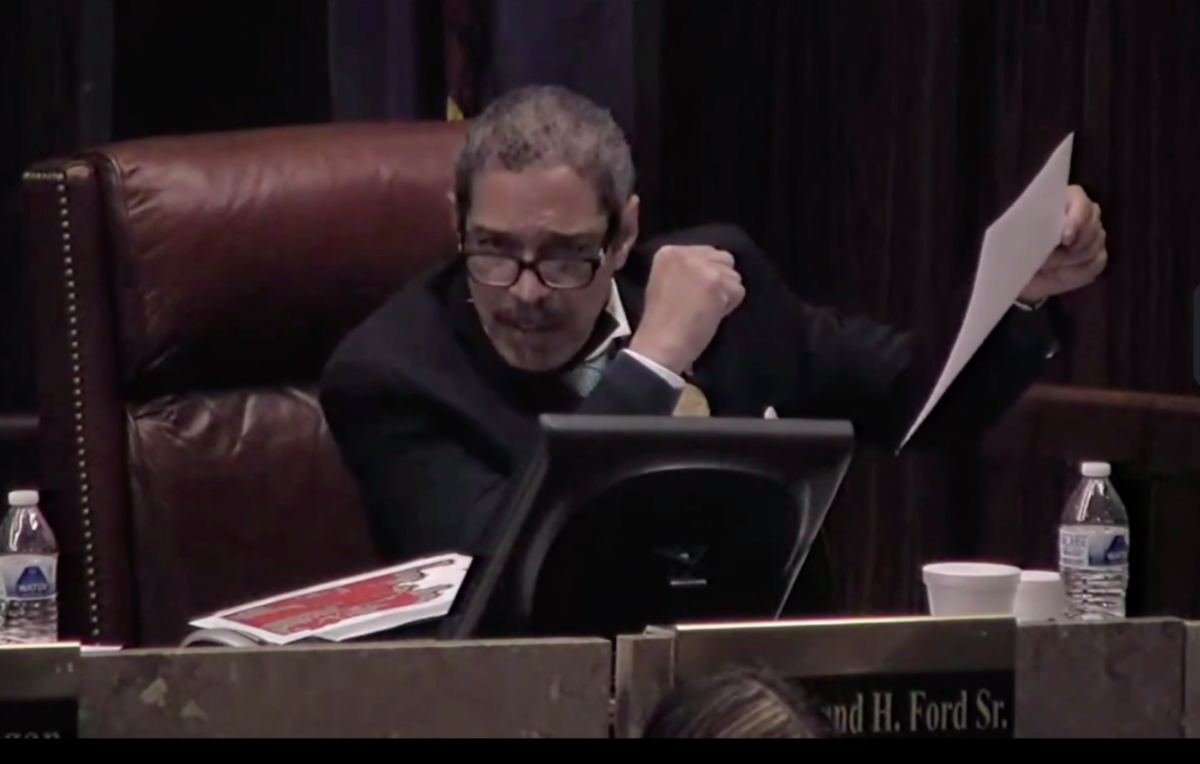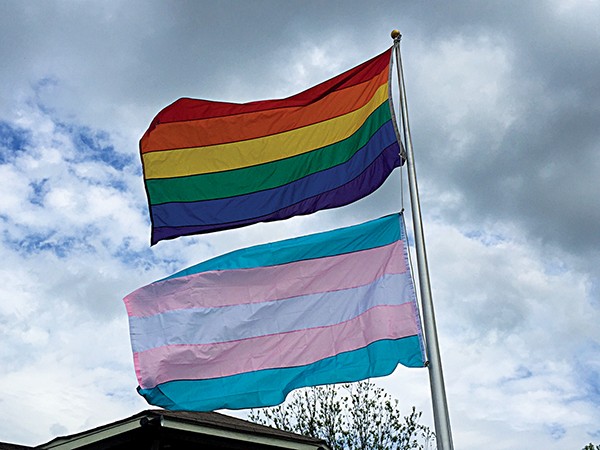Tennessee’s Attorney General celebrated a win for discrimination last week after a federal judge blocked a move that would have allowed trans kids to play sports on a team of their gender and more.
In September, Tennessee AG Herbert Slatery led a 20-state coalition in a lawsuit to stop anti-discrimination guidance from President Joe Biden. The order was issued in January and strives to prevent discrimination based on gender identity or sexual orientation.
Biden’s guidance challenged state laws on whether schools must allow biological males to compete on girls’ sports teams, whether employers and schools may maintain sex-separated showers and locker rooms, and whether individuals may be compelled to use another person’s preferred pronouns.

“Children should be able to learn without worrying about whether they will be denied access to the restroom, the locker room, or school sports,” reads Biden’s order from January. “Adults should be able to earn a living and pursue a vocation knowing that they will not be fired, demoted, or mistreated because of whom they go home to or because how they dress does not conform to sex-based stereotypes.”
However, Slatery claimed in September that Biden’s order “threatens women’s sports and student and employee privacy.” To get there legally, Slatery and his coalition (including Kentucky, Louisiana, Mississippi, and more) claimed only Congress — not the president — can change “these sensitive issues” of “enormous importance.” The coalition’s complaint asserts that the claim that the order simply implements the U.S. Supreme Court’s 2020 Bostock decision on anti-discrimination is faulty.
“The agencies simply do not have that authority,” Slatery said in a statement at the time. “But that has not stopped them from trying. … All of this, together with the threat of withholding educational funding in the midst of a pandemic, warrants this lawsuit.”
Last week, the U.S. District Court for the Eastern District of Tennessee blocked the guidance, which Slatery called “expansive and unlawful” and would have forced, among others things, the use of “biologically inaccurate preferred pronouns.”
“The District Court rightly recognized the federal government put Tennessee and other states in an impossible situation: choose between the threat of legal consequences including the withholding of federal funding, or altering our state laws to comply,” Slatery said in a statement. “Keep in mind these new, transformative rules were made without you — without your elected leaders in Congress having a say — which is what the law requires. We are thankful the court put a stop to it, maintained the status quo as the lawsuit proceeds, and reminded the federal government it cannot direct it’s agencies to rewrite the law.”
The court ruling drew scorn from LGBTQ advocates, who were quick to point out the judge in the case, Charles Atley Jr., was appointed by former president Donald Trump.
“We are disappointed and outraged by this ruling from the Eastern District of Tennessee where, in yet another example of far-right judges legislating from the bench, the court blocked guidance affirming what the Supreme Court decided in Bostock v. Clayton County: that LGBTQ+ Americans are protected under existing civil rights law,” Joni Madison, interim president of the Human Rights Campaign, said in a statement. “Nothing in this decision can stop schools from treating students consistent with their gender identity. And nothing in this decision eliminates schools’ obligations under Title IX or students’ or parents’ abilities to bring lawsuits in federal court. HRC will continue to fight these anti-transgender rulings with every tool in our toolbox.”
This preliminary injunction will remain in effect until the matter is resolved. The matter could get a further decision from the federal court in Tennessee, the United States Court of Appeals for the Sixth Circuit, or the Supreme Court of the United States.










